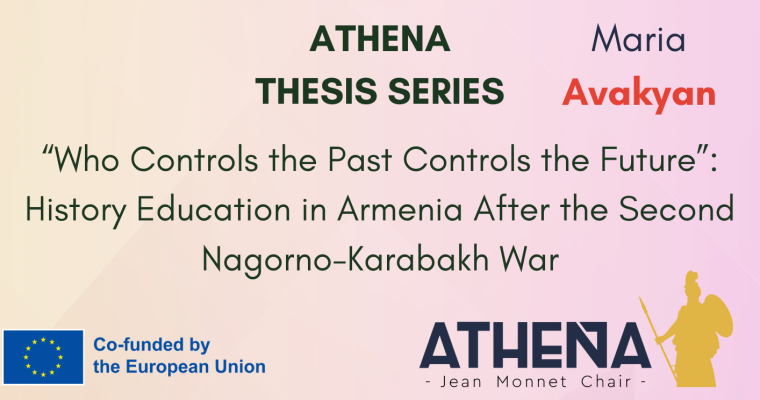External democracy promotion in times of internal rule-of-law crisis: The EU and its neighbourhood
Burlyuk, O., Dandashly, A., & Noutcheva, G. (2024). External democracy promotion in times of internal rule-of-law crisis: The EU and its neighbourhood. Journal of European Public Policy, 31(3), 900–924. https://doi.org/10.1080/13501763.2023.2181381
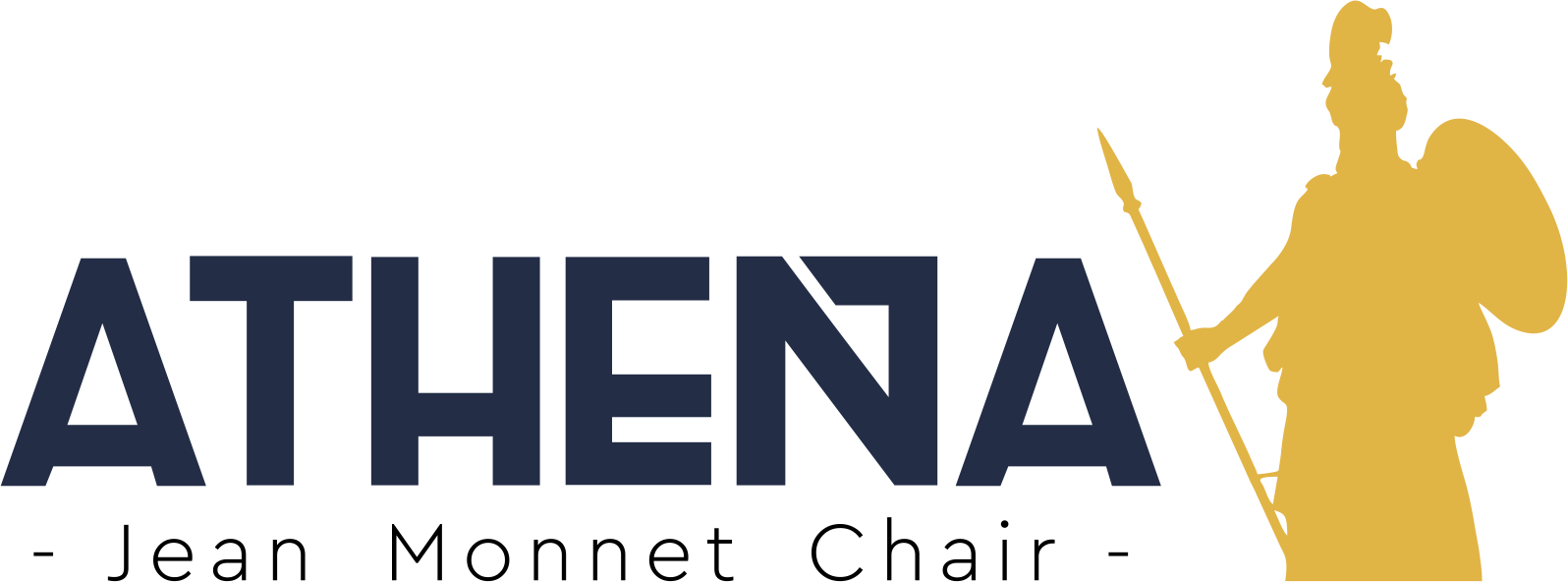
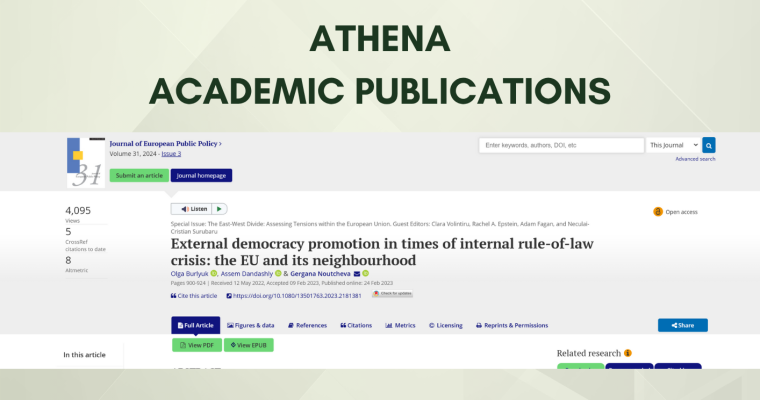
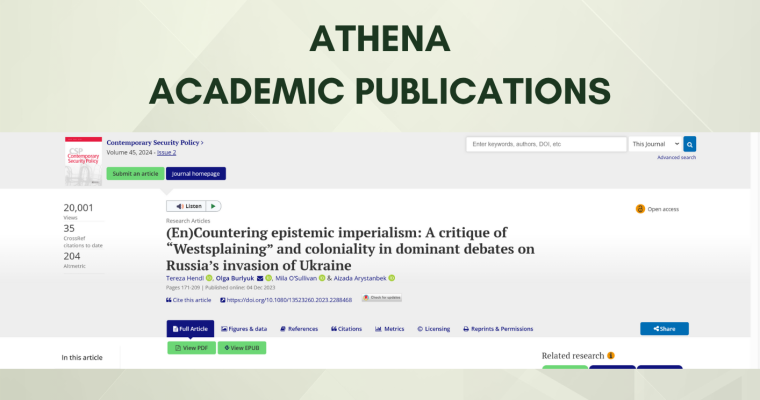

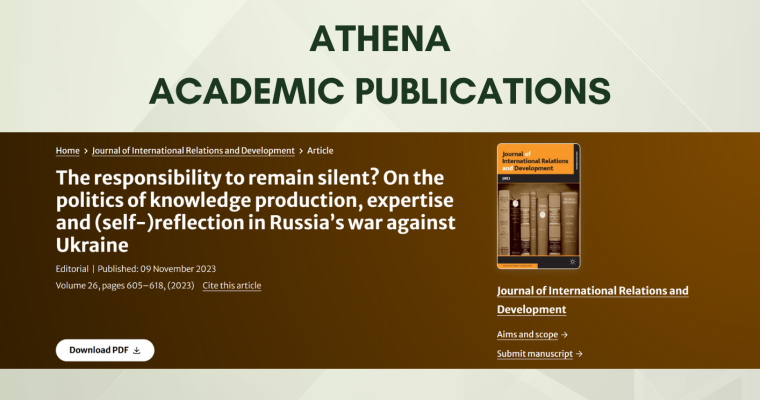
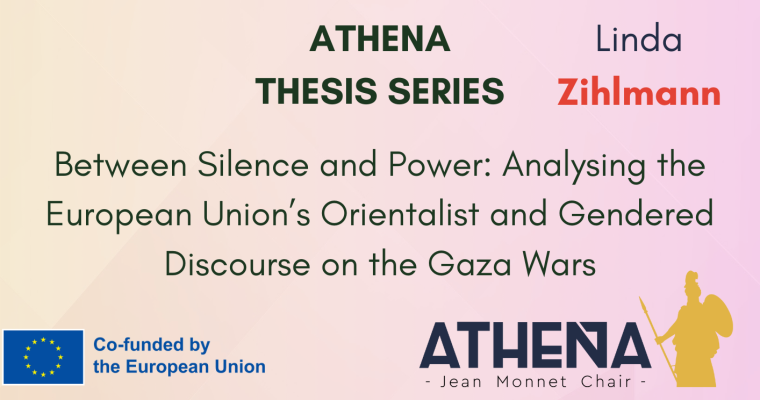

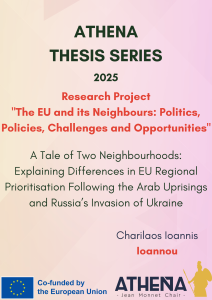 ATHENA’s tenth thesis “
ATHENA’s tenth thesis “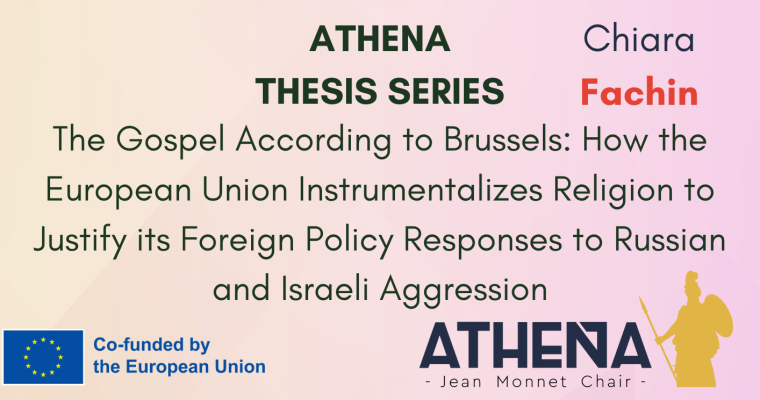
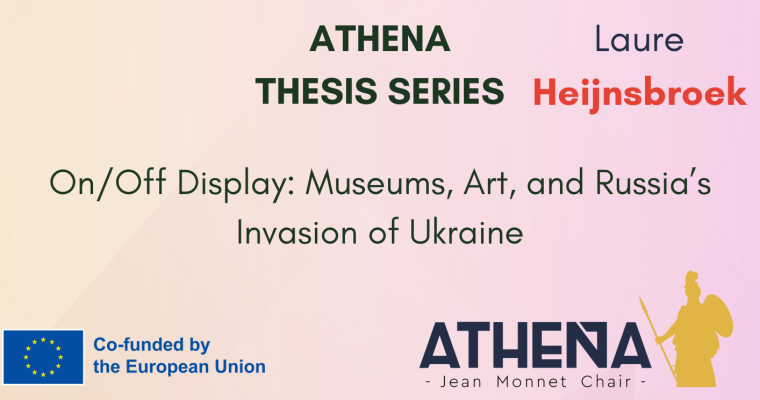

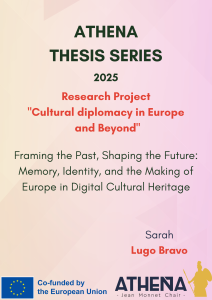 ATHENA’s seventh thesis “
ATHENA’s seventh thesis “